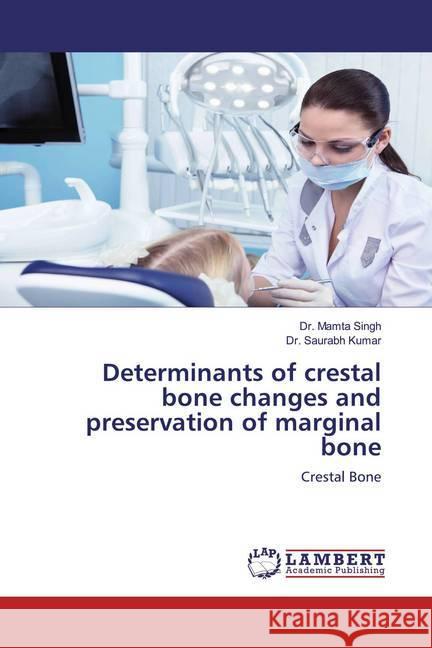Determinants of crestal bone changes and preservation of marginal bone : Crestal Bone » książka
Determinants of crestal bone changes and preservation of marginal bone : Crestal Bone
ISBN-13: 9786200539670 / Angielski
The goal of dentistry is to restore the patient to normal functions, comfort, esthetics and health. Implant dentistry is unique because of its ability to achieve this goal regardless of the atrophy or injury of the stomatognathic system. Compared to all other dental disciplines, implant dentistry has enjoyed far more innovation and progressive development in recent years. Dental implants are a popular and effective way to replace missing teeth and are designed to blend in with patients' other teeth. Unlike crowns, bridges or veneers, which need support from existing teeth, dental implants replace lost or damaged teeth entirely by connecting a titanium "root" directly to the jawbone and attaching a fully functional, cosmetically perfect tooth.1 Additionally, dental implants are more conservative long term treatment option than long span bridges. The loss of crestal bone associated with dental implants is a significant clinical phenomenon. The occurrence of such bone loss will often compromise long-term prognosis of treatment and, if extensive, ultimately lead to failure. Success criteria for endosseous implants commonly include a defined threshold of acceptable crestal bone loss.











